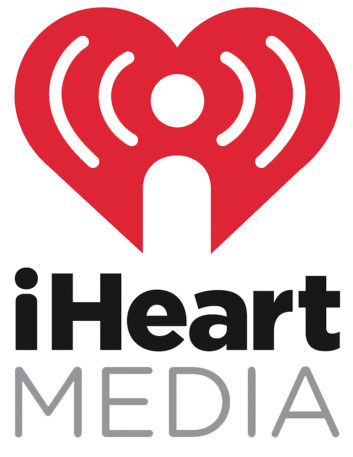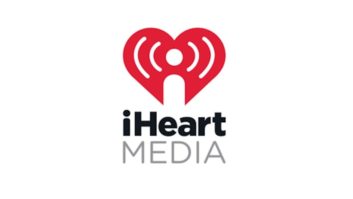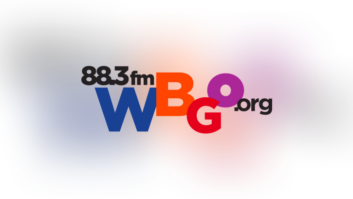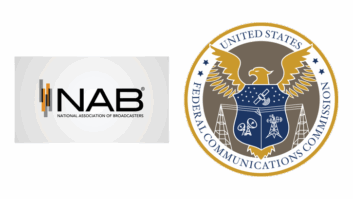 The economic damage inflicted by the COVID-19 pandemic lessened in the third quarter for iHeartMedia as the company returned employees to the office in some markets.
The economic damage inflicted by the COVID-19 pandemic lessened in the third quarter for iHeartMedia as the company returned employees to the office in some markets.
The largest radio group owner in the United States reported Monday it generated revenue of $744 million across all of its business lines for the three months ending Sept. 30. That’s a decline of nearly 22% year-over-year, but a rebound of 53% compared to the previous quarter. July, August and September were down 27%, 21% and 18% year-over-year respectively.
Specifically, broadcast revenue in the quarter declined by 29.4%, while the network radio business sector dipped 25.7% compared to the same quarter in 2019. The company’s digital revenue was up 16.5% year-over-year with most of that growth attributable to podcasting, which grew revenue 73.6% compared to a year earlier.
Direct operating expenses in the third quarter 2020 decreased by 12.6% compared to 2019 and was driven primarily by lower employee compensation expenses resulting from cost-cutting initiatives and reduction in workforce, according to iHeartMedia’s financial report.
A number of recent broadcast business news stories have pointed to a large number of layoffs at iHeartMedia, but there was no specific mention of those developments on the investor call.
[Read: FCC Gives iHeart a Foreign Ownership Privilege]
Self-imposed cost cutting through modernization initiatives will result in operating expense savings of approximately $250 million in 2020, according to the broadcaster’s financial report. “Part of that is utilizing the studios of the future through cloud-based technologies, and really taking advantage of AI,” said Rich Bressler, president and COO of iHeartMedia. “We’ve created centers of excellence across the organization that consolidate key resources for the whole company that increase quality of our programming and reduce costs. The company has become wildly more efficient.”
The broadcaster continues to identify additional efficiencies, including opportunities to reduce its real estate footprint in response to changes brought on by the COVID-19 pandemic. Bressler said on the investor call the broadcaster has no plans for downsizing the company through asset sales.
iHeartMedia Chairman and CEO Bob Pittman added: “We have learned a lot through COVID. We have had 10 years of technology learning through three or four months. As a result we envision operating differently in terms of operating our space. I think everyone will come to the office some, but we will not require the same amount of space. Employees will be doing more of their work outside the office.”
The broadcaster is slowly reopening facilities as local health safety criteria for doing so are met, Pittman said. In fact, employees in about half of iHeartMedia’s 160 markets have returned to the office.
iHeartMedia’s capital expenditures for the nine months ending Sept. 30 were $58.5 million compared to $82.5 million in the same nine months of 2019. iHeartMedia projects full-year cap-ex to be approximately $75 to $95 million. The broadcaster said it expects to continue to make key investments in its strategic initiatives related to smart audio and digital, including podcasting.
On Monday’s investor call Bressler called it the “best year for political advertising ever” for the broadcaster. iHeartMedia reported $40 million in political revenue in Q3 while another $55 million funneled in during October. “It will be significantly less in November but we will still get some benefit,” Bressler said. The company reported political revenue is expected to be up for the full year 67% compared to the 2016 presidential election cycle.
Pittman said he is optimistic about the company’s fourth quarter revenue, which continues to grow month over month but will “likely be down again but only in the mid-teens” compared to a year ago. A recent report of a possible COVID-19 vaccine breakthrough could calm advertiser fears, Pittman said, and stirs his optimism even further going forward. “A lot of our growth in Q3 came from sectors like food and beverage, auto, restaurants and retail. Those are categories that had been down a lot in the second quarter. But if we get a vaccine we could see the return of some big spenders like movies and concerts. And the rest of retail. We are watching those developments carefully,” he said.
The company, which emerged from Chapter 11 reorganization in early 2019, is still maneuvering to cut its debt, according to its report to the U.S. Securities and Exchange Commission. iHeartMedia reported debt of just over $6 billion at the end of September.







